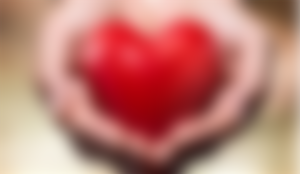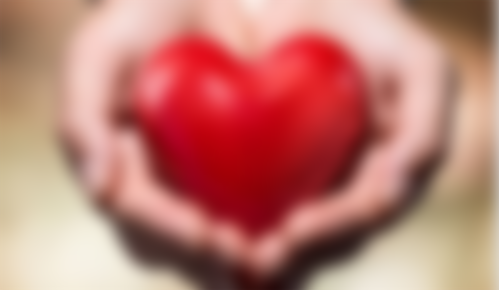Do you take good care of your car?
Do you make sure it has enough fuel and oil?
Do you do everything to keep the engine running flawlessly?
WHAT ABOUT YOUR HEART, DO YOU TAKE CARE OF IT SO?

The heart is also the engine, namely, the engine of our body. Therefore, we should also pay more attention to it and take proper care of its smooth operation.
WHAT IS HEART?
The heart is a hollow muscular organ divided by the muscular wall into left and right halves. It drives blood through our veins and provides oxygen to the brain, muscles and internal organs. Approximately 5-6 liters of blood are pumped through the body of an adult in one minute. It works by flashing and contracting and stretching. In this way, it draws and squeezes blood. For its proper functioning, it must have an adequate supply of nutrients and oxygen, which are supplied by the vessels. So for the proper functioning of the heart, we also need to take care of our blood vessels.

Namely, if the veins become "clogged" or. cholesterol is deposited on their walls and consequently thins them, then even the blood cannot normally reach the heart and circulate normally throughout the body. As a result, it can lead to varicose veins and, in severe cases, even stroke. Of course, clogged blood vessels lead to many other diseases. Cardiovascular disease is the most common cause of death in the world. They kill 17.9 million people a year worldwide.
It is important to get enough exercise, eat as healthy as possible and not overdo it with stimulants and alcohol. But make no mistake, a glass of wine after lunch even has good properties for your heart. In general, however, it is good to stick to moderation in all things anyway. Only when it comes to smoking, and our heart and blood vessels have zero tolerance for that. If you can't resist, you need to take care of them in all other areas a little better.

How do I quit smoking?
-1. Set a date when you will stop smoking.
-2. Tell your loved ones, friends and co-workers that you will quit smoking and ask them for help.
-3. Ask your chosen doctor about group smoking cessation workshops "Yes, I quit smoking" or other forms of help.
-4. Think positive.
-5. When you quit smoking, do not be afraid to gain weight.
-6. Enjoy as much fluid as possible.
-7. Get as much exercise as possible.
-8. Avoid company and bars where you were used to smoking. Change certain rituals.
-9. Give up the "occasional cigarette that you think can't hurt."
-10. Reward yourself for your success.

Over time, alcohol causes more and more health problems and illnesses:
CARDIOVASCULAR SYSTEM: high blood pressure, irregular heartbeat, risk of heart attack and stroke, enlarged heart muscle, risk of sudden death.
NERVOUS: mental illness, hallucinations, delirium, alcoholic epilepsy, memory disorders, amnesia, sleep disorders, insomnia, seasickness, paresis, paralysis, alcoholic encephalopathy, alcoholic dementia, or Wernicke-Korsak syndrome. Head injuries that occur in a drunken state further accelerate the development of alcoholism.
LIVER: cirrhosis, accumulation of fluid in the abdominal cavity (up to 10 liters), risk of inflammation of the pancreas.
GASTROINTESTINAL TRACT: indigestion, inflammation and wounds on the mucous membranes of the stomach and intestines, hemorrhoids, the risk of developing diabetes.
MENTALITY: persecutions, mood swings, increased aggression, decreased interest in work and family, impaired memory, unproductive thinking, etc.
To cleanse the blood vessels, we can use natural preparations that contain garlic, lemon and olive oil, or we can consume this as much as possible in our daily diet. Omega 3 fatty acids and coenzyme Q10 are also real balms for the heart. Omega 3s are essential fatty acids, which means that the body cannot produce them on its own. So we need to get them from the diet. They are found in salmon and other fatty sea fish, hemp oil and nuts (chia seeds, walnuts, flax seeds). Some research has even shown that Eskimos suffer less from cardiovascular disease than others because their diet includes predominantly fish.

Another substance that protects our heart, however, is coenzyme Q10. It is a substance that is present in each of our cells and enables the metabolism of food into cellular energy. Our body produces coenzyme Q10 on its own, but it is also found in food, mostly meat and milk. However, very little is retained in food due to the heat treatment of food. Therefore, it is recommended to take coenzyme Q10 in the form of dietary supplements. The same goes for omega 3 fatty acids.

The heart is our precious organ. Let’s think a little and each make a brief analysis of how we care for him and how we may be able to improve that care even further.
Take care of your heart and take care of it so that it does not betray you. Well, tracking is only allowed when it comes to love.
Thank you for reading my post!!!!
STAY HEALTHY!






nice